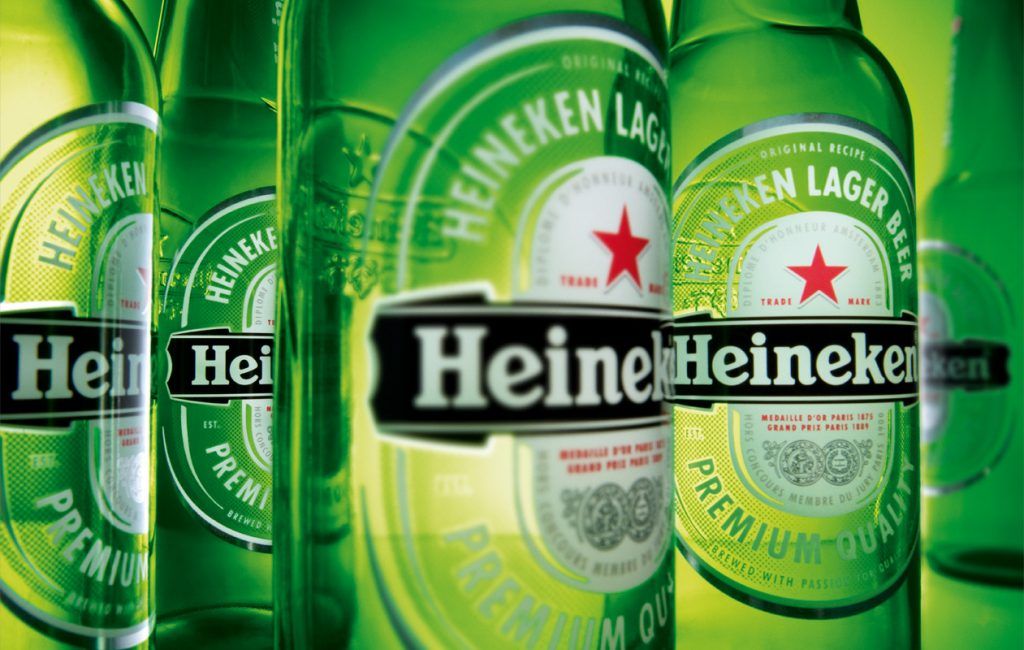Heineken Holding announced Wednesday that it will invest 500 million dollars in a new beer production plant in Yucatan, Mexico.
This new plant is part of a 2.7 billion dollar investment plan that the companies plans to carry out from 2025 to 2028.
Oriol Bonaclocha, CEO of Heineken Mexico, said that the new plant in Yucatán will be the eighth in the country.
In addition, Heineken operates 1 malt plant, 170 distribution centers and 17,000 Six Stores in Mexico.
New beer plant
“We see Mexico as a strategic country, a country that has great potential,” said Bonaclocha, at a press conference at the National Palace, led by President Claudia Sheinbaum and accompanied by the Secretary of Economy, Marcelo Ebrard.
Heineken has 18,000 employees in Mexico and the new investments in Yucatan will generate 300 direct jobs, 2,500 indirect jobs and 2,000 temporary jobs during construction.
The company operates more than 170 breweries, malting plants, cider plants and other production facilities around the world.
These facilities enable the company to brew, ferment and process Heineken beverages for distribution.
As part of Heineken’s Net Zero Program, the company seeks to improve energy consumption and transition to renewable energy. Its water strategy takes a holistic approach, focusing on responsible water use, effective wastewater management and support for water security in production, the supply chain and communities, especially in water-scarce areas.
U.S. market
In 2024, U.S. beer imports reached $7.741 billion. Mexico led as the main supplier. Its share was 82.5%. Far behind were the Netherlands with 9.4%, Ireland with 2.9%, Germany with 1.1% and Canada with 1 percent.
Although former President Donald Trump imposed a 25% tariff on aluminum cans, the measure did not directly affect imported beer. This was informed by the U.S. Department of Commerce.
On the other hand, Mexico maintains a privileged position in this market. It has the largest beer trade surplus with the United States. It exported 6,383 million dollars and imported only 2 million. The result was a net surplus of 6,381 million.

